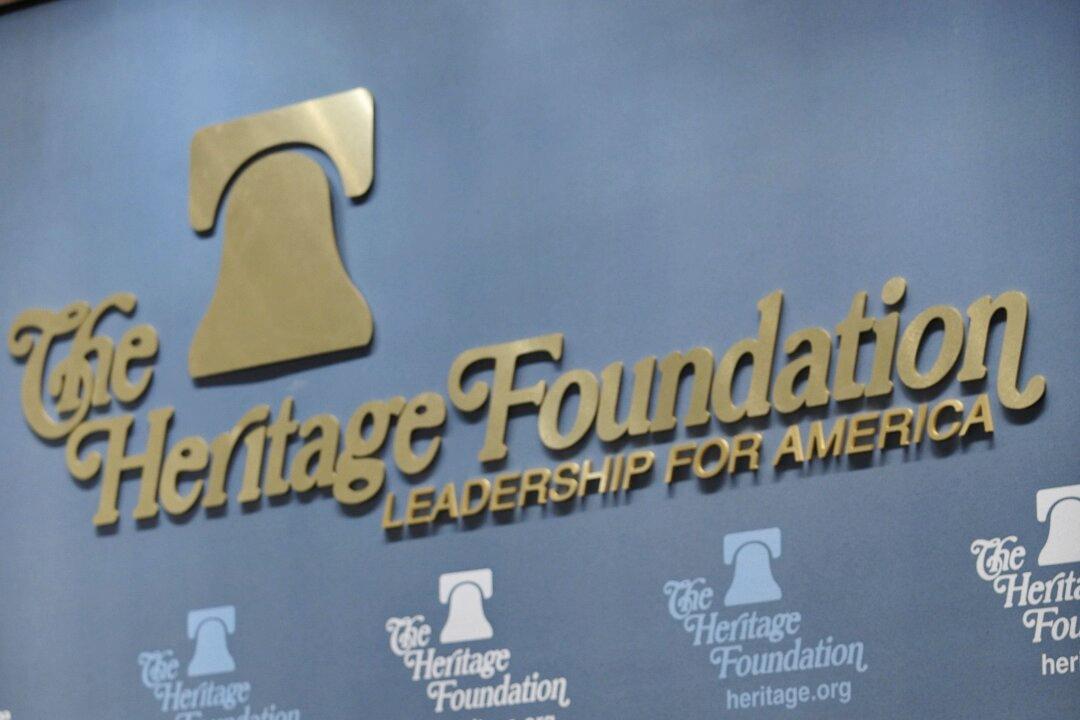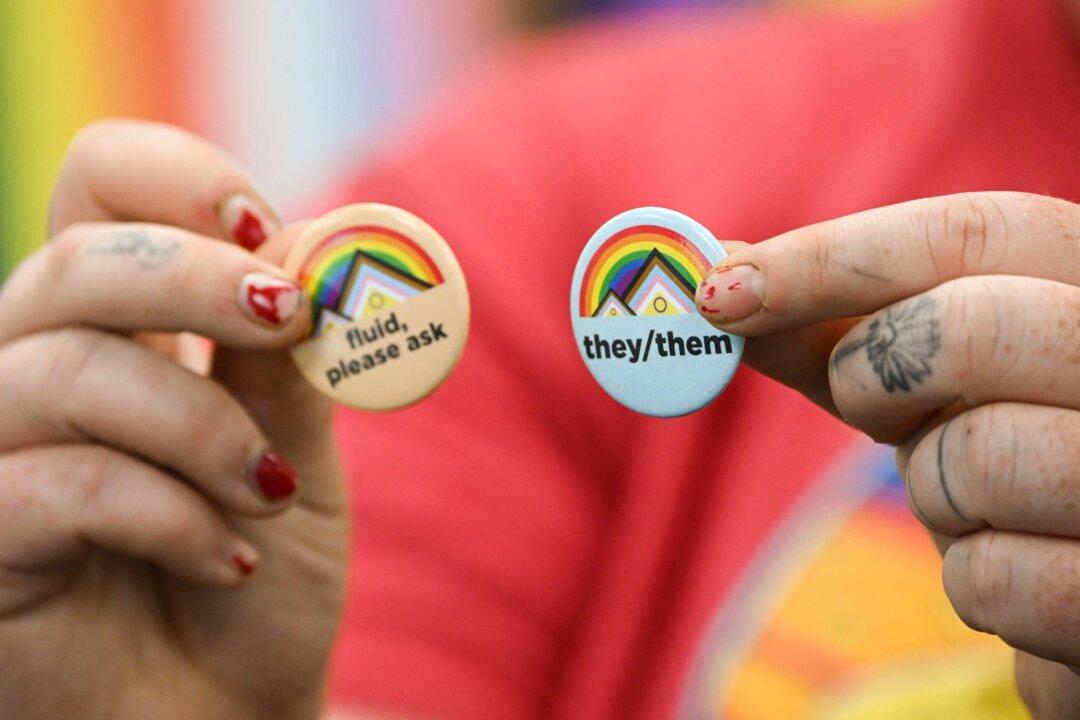PUNTA GORDA, Fla.– Local school board races have never been more prominent than in this election cycle because parents are “reacting strongly to what is being taught in classrooms,” according to a senior fellow at The Heritage Foundation.
Jonathan Butcher, the Will Skillman Fellow in Education at The Heritage Foundation says there is “renewed interest” in school board elections because parents are having “strong reactions” to what is being taught in the classrooms and believe that the schools should be “representative of their values … and of their community.”
When they see something that runs afoul of their beliefs, “they’ll speak up and say, ‘hey this doesn’t represent me, this is not what I want for my kids’,” he said.
“I think that parents have always been interested in what’s going on in K12 schools,” Butcher told The Epoch Times. “There’s always been something in which parents have wanted to voice their opinions on.”




